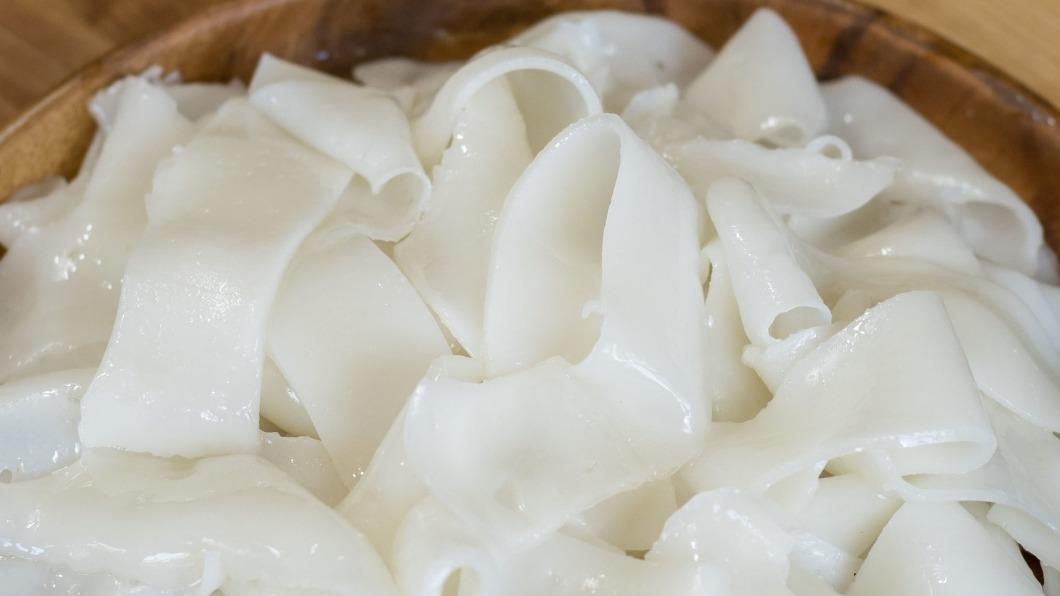TAIPEI (TVBS News) — Dr. Lee Chien-chang, a professor in the Emergency Medicine Department at National Taiwan University Hospital, cautioned on Wednesday (March 27) about the hazards of improperly stored rice and noodle dishes when reheated.
This comes amid an ongoing food poisoning case at the Malaysian restaurant Polam Kopitiam, which has so far affected 14 people, resulting in two deaths. Experts believe the deadly Bongkrekic acid may be to blame.
Lee stated that Bongkrekic acid is more potent than the toxin produced by the Bacillus cereus bacteria. The likelihood of poisoning from Bongkrekic acid is high if rice and similar foods are not stored properly. Both Bongkrekic acid and the cereulide toxin from Bacillus cereus are mitochondrial toxins, which can cause acute damage leading to multiple organ failure.
According to Lee, even a small amount of 1.5 milligrams of Bongkrekic acid can be lethal. Past outbreaks have shown an incubation period ranging from 0.3 to 16 hours, with 30% to 100% of cases resulting in rapid death.
Food poisoning cases involving Bongkrekic acid have been reported in China, often linked to fermented foods. However, no such cases have been reported in Taiwan, Japan, or South Korea. Early reports were associated with homemade fermented corn flour in rural households. Since 2018, incidents have primarily involved heimuer and flat noodles.
Food contaminated with Bongkrekic acid showed no noticeable changes in taste, color, or texture during cooking and consumption, making early detection difficult. As for treatment, the only viable treatment is organ support while waiting for self-recovery.











